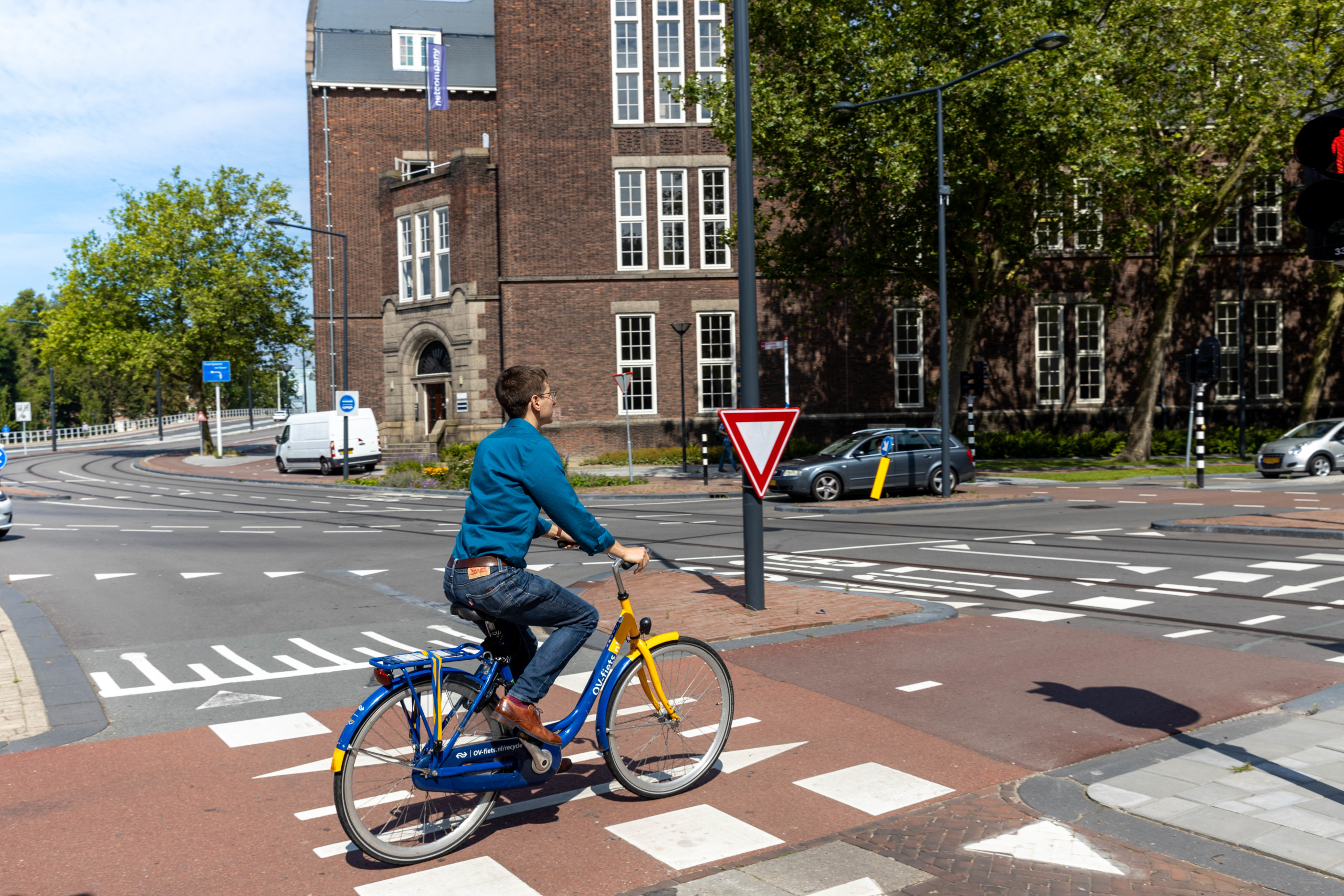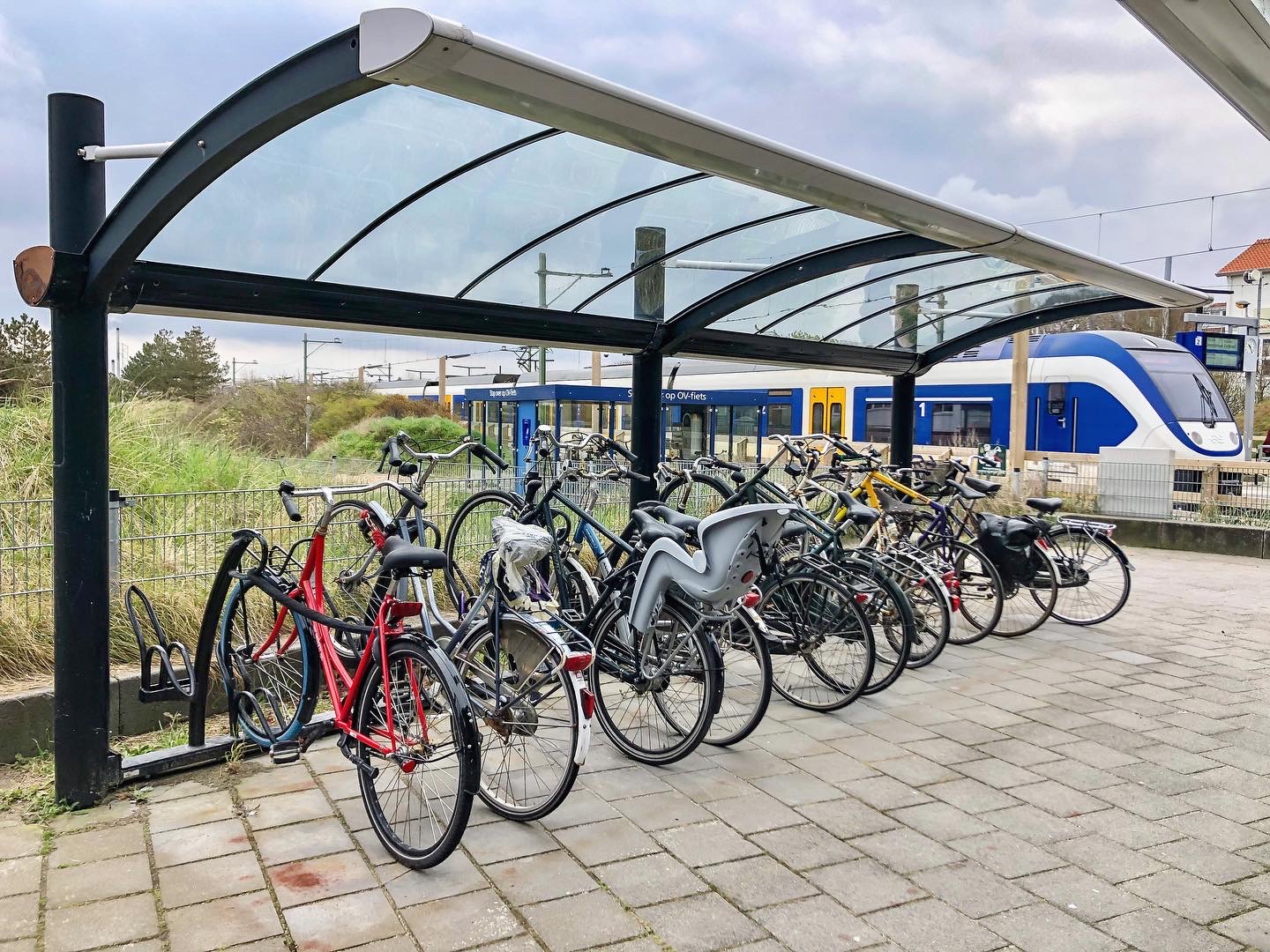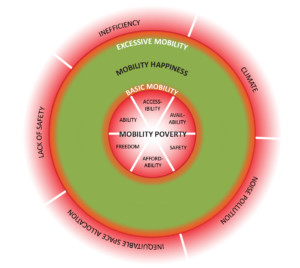Mobycon + Transport Decarbonization Alliance: Why we joined
Since the release of the latest IPCC report, the world seems to have refocused (again) on the huge changes in climate that await us as a global society and the immense task ahead to mitigate and adapt. We at Mobycon feel like we need to step up our efforts to help the world reduce their dependency on cars, reduce emissions, and create better, more vibrant, more sustainable, and more resilient cities.

To that effect we have recently joined the Transport Decarbonisation Alliance (TDA). This is a new global platform where countries, cities and businesses work together to accelerate the change to a net-zero emission transportation and mobility sector in 2050. Within the TDA, members exchange information, strategies, and can learn from the best and most ambitious peer groups around the world.
As Mobycon, our role in the TDA is to contribute global best practice in active mobility, bringing together experts and sharing knowledge on what works and what doesn’t work when it comes to sustainable urban mobility.
Concerning the reduction of emissions through a shift to cycling and walking, there is no easy answer. As our intern Lisa Nienaber has recently concluded from her research (watch her Mobycon Academy webinar), simply replacing short car trips with many more bike trips only reduces emissions in the (passenger) transport system by 1 or 2%. To really make an impact in transportation emissions, it is of vital importance that cycling is linked to public transport. The infamous bike-train combination is what really changes the mobility sector, and is an often-overlooked aspect of the success of cycling in The Netherlands.

By replacing longer car trips with bike-train trips, a more significant percentage of total transportation emissions can be avoided. When we take Germany as a case study, up to 5 or even 11% of emissions in the German transportation sector could be reduced if 50% of long-distance car trips are replaced with bike/train trips. This would require a significant change in behaviour, and even that will not be enough to meet the obligations of the Paris agreement. For that to happen, a total net reduction in distance traveled needs to be achieved.

Not many governments have quantified a goal of reduction of vehicle kilometres traveled (VKT). There are many (political) reasons for this oversight, as it is a hard nut to crack while maintaining an (economic) growth scenario. This is why we at Mobycon have developed the Mobility Donut. A conceptual representation that includes mobility poverty, excessive mobility and the planetary boundaries to guide investment programmes for all levels of government.
Even though the direct reduction in emissions through replacing car trips with cycling is limited, we still believe investment in cycling facilities is key to a more sustainable urban mobility system. Investing in cycling and public transport allows people to live a car-light or car-free lifestyle, which makes (electric) car share more viable, and most importantly, improves local accessibility. The trend towards big box retail on the edge of town, travelling to office parks along motorways and driving children to school must be reversed. This can only be achieved by making existing neighbourhoods more accessible to people that live close by. Investing in cycling will encourage a shift to smaller, more local activity centres and shops, thus reducing the need to travel by car in the first place.
If you are interested in learning more about the TDA or about Mobycon’s vision for a net-zero mobility sector by 2050, get in touch!
 ">
">Lennart Nout
‘The interplay of different modalities within cities intrigues me. I am always looking for the best solution for the city and its inhabitants, while playing close attention to bikes. In the Netherlands and abroad I give workshops on the development of cycling culture, strategic network planning, street design and intersection design.’

